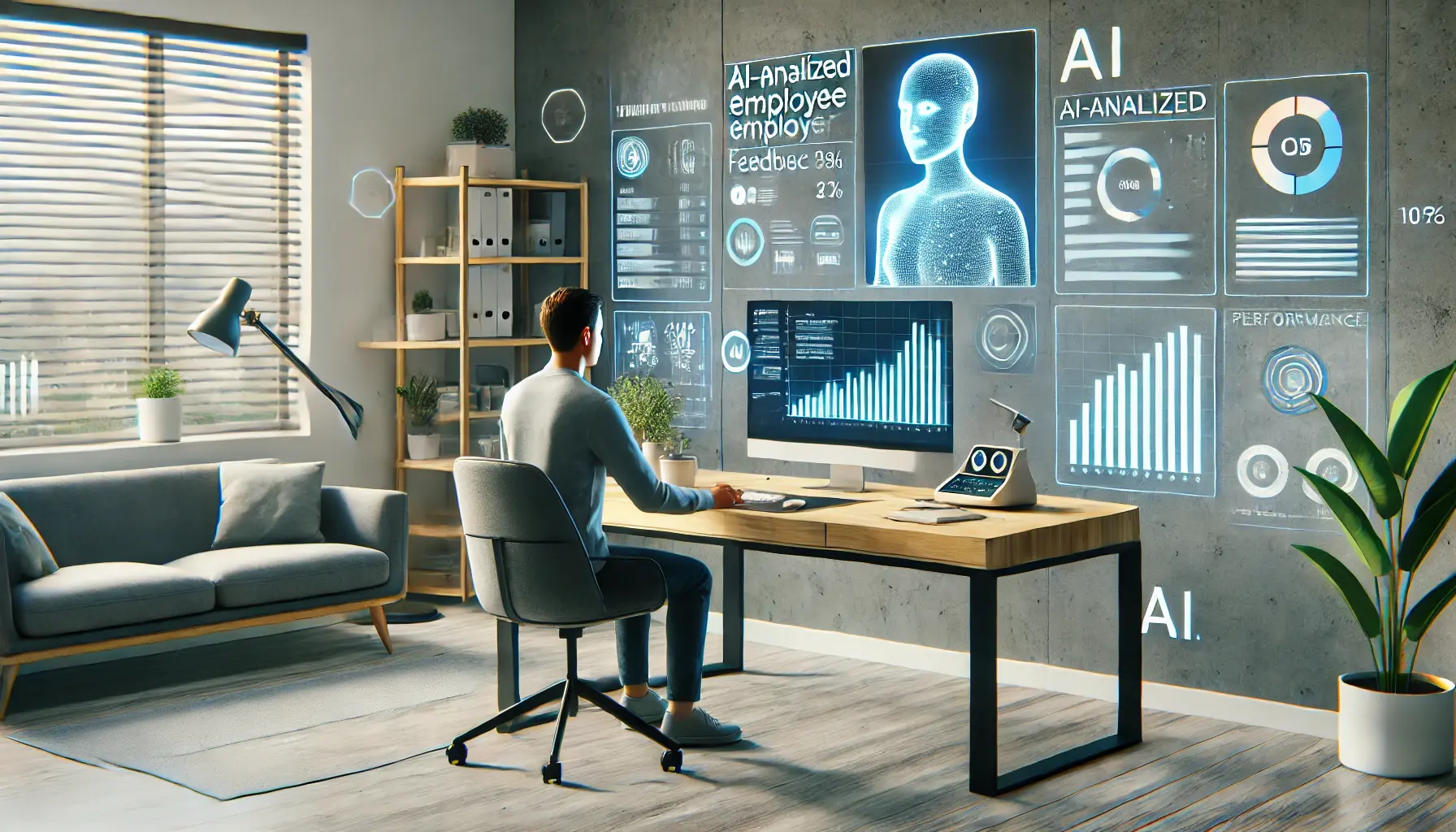In the modern work environment, artificial intelligence can be a powerful tool that not only streamlines operations but also encourages employee productivity and well-being. By leveraging AI, organizations can address various workplace challenges. From simplifying routine tasks to evaluating employee dynamics, here’s how AI can benefit employees across different facets of their professional lives:
Answering Queries
One of the primary advantages of AI in the workplace is its ability to handle routine inquiries and provide instant responses. Instead of employees waiting for their superiors to address basic questions, AI-powered chatbots can step in to provide quick and accurate answers. This saves time and empowers employees to access information independently, thus fostering self-sufficiency. AI can also learn from interactions over time, becoming more adept at handling complex queries and continuously improving its performance.
Employee Feedback and Reports
Gathering and analyzing employee feedback is crucial for organizational growth and employee satisfaction. AI tools can sift through large volumes of feedback data from surveys, reviews, and reports to identify trends and summarize this information in real-time, helping managers and HR teams to gain insights swiftly. This enhances decision-making processes, allows organizations to proactively address issues, and creates an engaged workforce.
Monitoring Performance
AI-powered tools offer a comprehensive way to monitor employee performance. By analyzing key performance indicators (KPIs), AI can provide insights into individual and team achievements, identify areas for improvement, and track progress over time. This data-driven approach promotes objectivity in performance evaluations. This transparency helps employees understand their contributions and align their efforts with organizational goals. In addition, AI can provide personalized recommendations for professional development based on individual performance metrics, resulting in continuous growth and skill enhancement.
Tracking Behavior
Employee well-being is a critical factor in organizational success. AI can monitor various indicators of employee behavior, such as communication patterns, work hours, and even biometric data, to detect signs of stress, burnout, or dissatisfaction. Early detection allows managers and HR professionals to intervene, offering support and resources before issues escalate. This not only enhances employee morale and retention but also contributes to a healthier and more resilient workplace culture.
Conclusion
Artificial intelligence is revolutionizing the workplace by boosting human capabilities and increasing efficiency. By automating routine tasks, analyzing vast amounts of data, and providing valuable insights into employee dynamics, AI allows employees to focus on high-priority activities and encourages a more productive work environment. Embracing AI as a strategic ally cultivates a workplace where employees thrive alongside their organizations.

